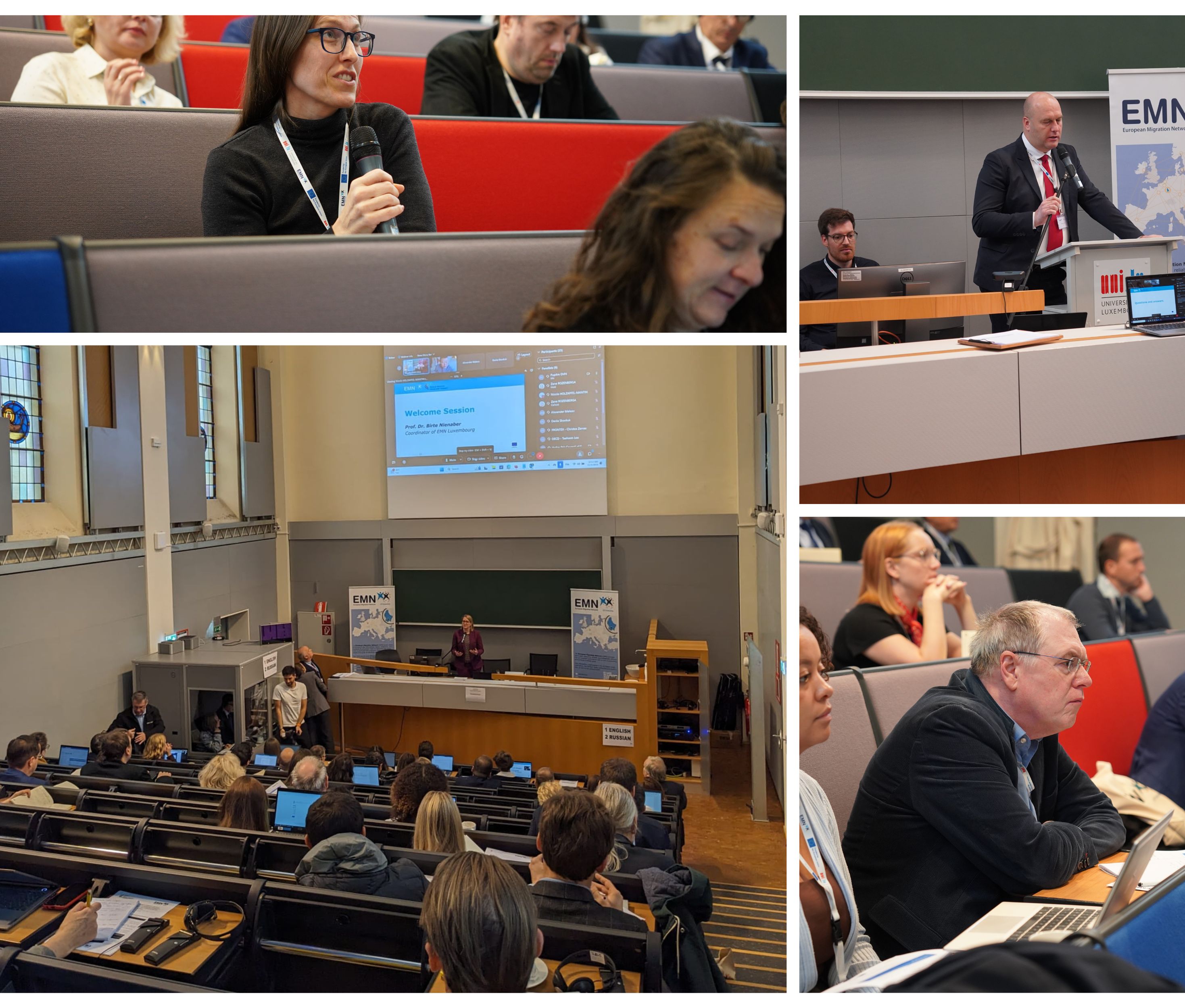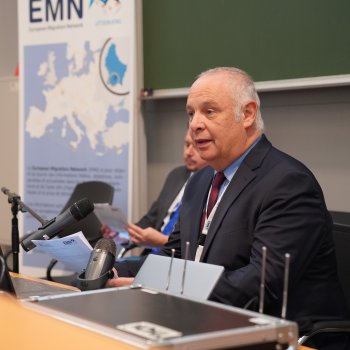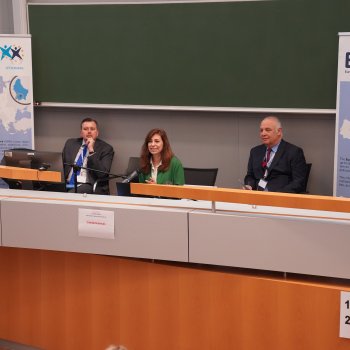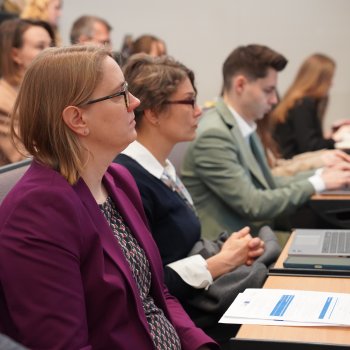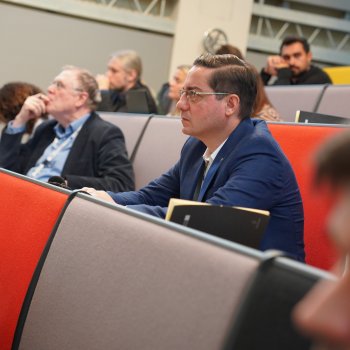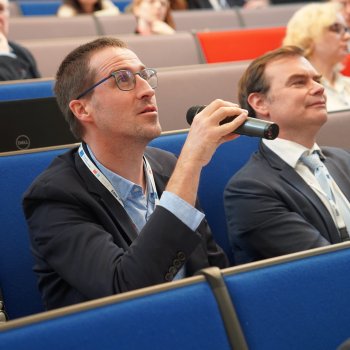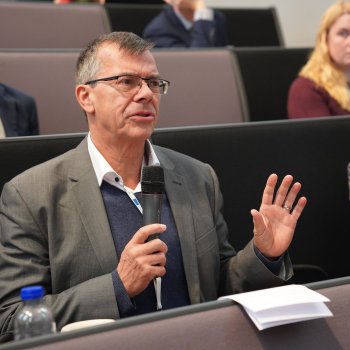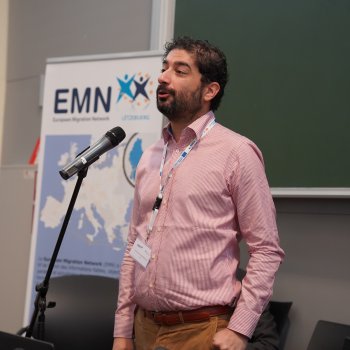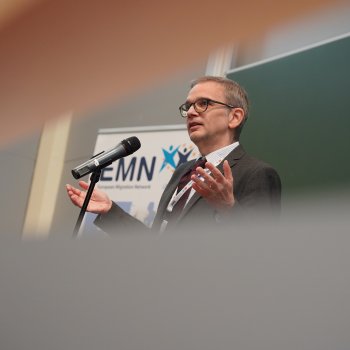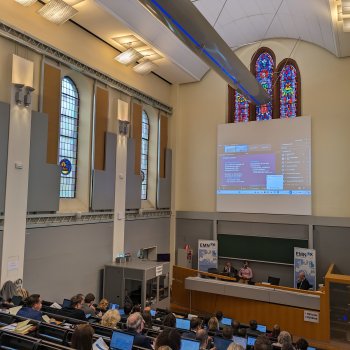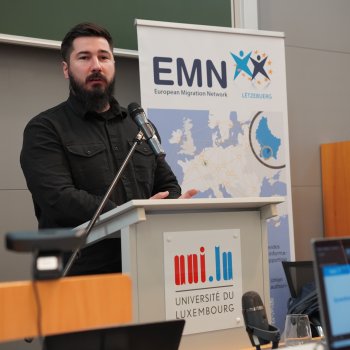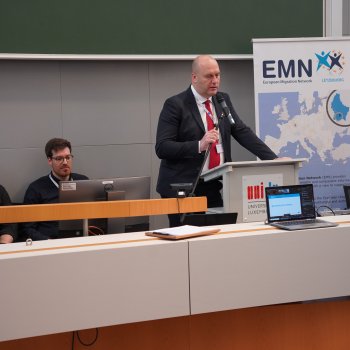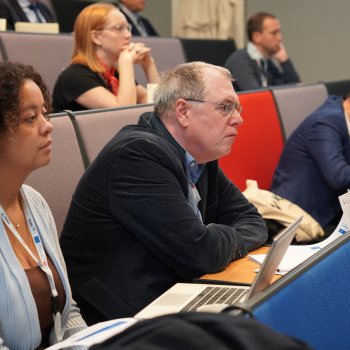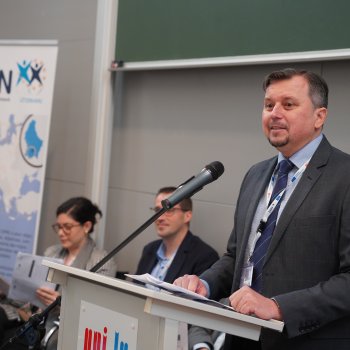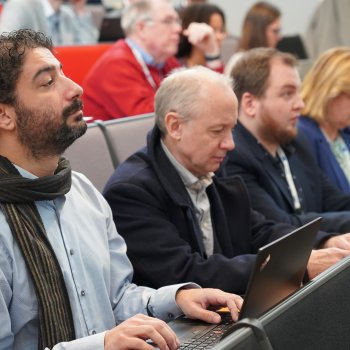On 5-6 November 2024, the Prague Process and European Migration Network (EMN) Luxembourg jointly organised the workshop "Forecasting and New Technologies in Migration and Asylum Governance: State of Play and New Developments" in Luxembourg. This event brought together over 80 experts from 28 states, European institutions, international organisations, and academia. The workshop represented the third joint activity under the Prague Process & EMN cooperation launched in late 2023, focusing on digitalisation, resilience, and forecasting - core horizontal priorities outlined in the Prague Process Action Plan 2023–2027.
Over two days, the Workshop provided space for knowledge exchange and collaboration, featuring five panels with expert presentations. Topics spanned institutional, governmental, and academic approaches to forecasting and leveraging technology in migration management. Key themes included AI-driven solutions and predictive analyses for migration trends, digital transformations within the national systems, and the application of strategic foresight and data visualization to anticipate migration flows and enhance preparedness. Key takeaways from the thematic panels:
Institutional Insights on Forecasting
Experts from ICMPD, EUAA, and Frontex emphasized the role of scenario-based planning and predictive models in anticipating migration flows. Initiatives like the EUAA’s Push Factor Index and Frontex’s Pre-Warning and Preparedness Project showcased how real-time data and machine learning improve preparedness for irregular migration and cross-border challenges. Projects like IOM’s Global Data Institute demonstrated how horizon scanning and hotspot analysis identify emerging migration risks.
State Perspectives to Forecasting and Technological Advancement
Presentations from Estonia and Latvia revealed innovative national approaches, such as interactive data visualisation tools, centralised biometric databases, and AI-based identity verification. Germany’s blockchain-based FLORA system was highlighted as a transformative tool for streamlining decentralised asylum processes. State-level case studies from Armenia and Serbia demonstrated how digital solutions, such as centralized migration management systems and unified databases enhance preparedness and resilience. Ukraine’s Situation Centre are pioneering data-driven decision-making despite challenges like data integration, resource limitations and geopolitical pressures.
Academic Contributions to Forecasting Migration and Measuring Policy Impact
Researchers presented methodologies for analysing migration trends, such as scenario-based displacement forecasts for Ukraine, and approaches like synthetic control methods to evaluate the effects of readmission agreements on asylum applications.
Anticipating Big Trends, Flight, and Irregular Migration
Discussions emphasized the value of anticipatory actions to manage irregular migration and displacement, featuring insights from OECD’s Migration Anticipation Taskforce and the MIrreM project, with the latter focusing on key dimensions and measurement methodologies of irregular migration.
The workshop concluded with reflections from Mr Radim Zak (Head of the Prague Process Secretariat, Head of Region Eastern Europe and Central Asia at ICMPD) and Mr Adolfo Sommarribas (Senior Legal Migration Expert of EMN Luxembourg), who underscored the significance of effective communication between analysts and policymakers and the importance of fostering synergies between institutions.
Looking ahead, plans are underway for a follow-up workshop in 2025, further strengthening the collaboration between institutional, state, and academic stakeholders. This initiative underscores the commitment to fostering synergies and leveraging forecasting as a vital tool in migration governance.

